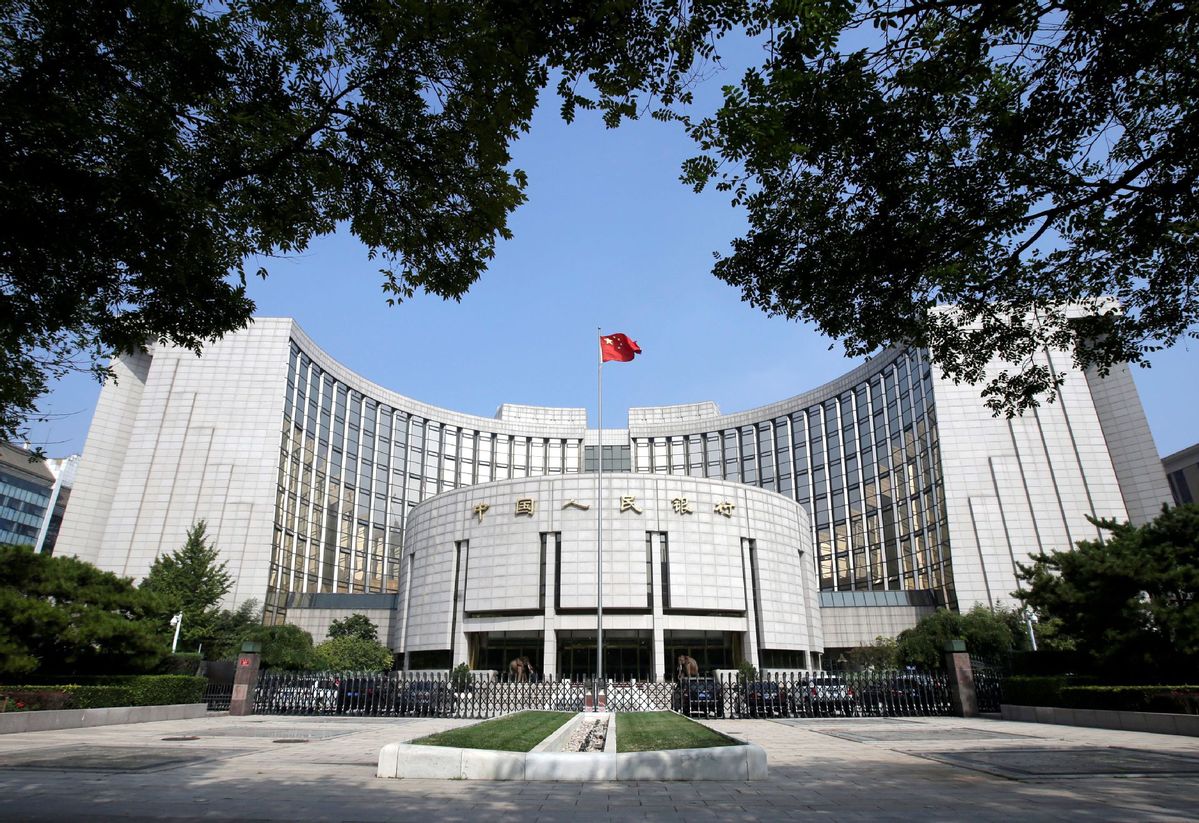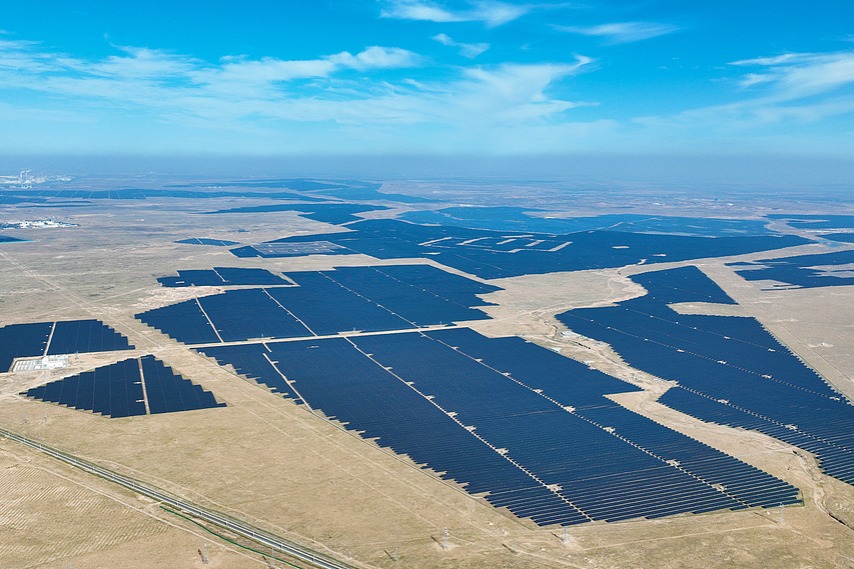Green finance to be key priority


PBOC to add climate change factors as part of monetary policy framework
The People's Bank of China, the central bank, has decided to adjust its monetary policy framework by including climate change-related factors, an indication that policymakers are focusing more on sustainability and financial stability as the economy continues to recover from COVID-19 shocks, experts said on Monday.
Green finance could prove very useful in combating the ill-effects of climate change that may heighten credit, market and liquidity risks, and further undermine the stability of the entire financial system, they said after the PBOC governor announced more steps for achieving the target.
"We will incorporate climate change into the policy framework," PBOC Governor Yi Gang said during a roundtable discussion at the China Development Forum 2021 in Beijing on Saturday.
The PBOC is looking at the possibility of including climate change factors in the stress test of financial institutions, Yi said. "We are also exploring the role of monetary policy in encouraging financial institutions to support carbon emission reduction."
In terms of monetary policy, the central bank will encourage financial institutions to extend credit support for controlling carbon emissions through adoption of preferential interest rates and special re-lending facility of green finance, the governor said.
Yi said monetary authorities will further increase the share of green bonds, limit investment in carbon-intensive assets and incorporate climate risk factors into the risk management framework of the country's $3.2 trillion foreign exchange reserves, the world's largest.
Dong Shanning, director of green finance, Bank of Jiangsu, said the PBOC's actions have encouraged commercial banks to develop green finance. Since January this year, "green finance" was included in the annual assessment of commercial banks' performance, and green bonds with ratings of "AA" and above have been accepted as qualified collaterals for the central bank's various lending facilities.
Through these monetary policy tools, commercial banks can receive funds at favorable interest rates, meaning cheaper funding costs. Some provincial or municipal governments also provide subsidies to green bond issuers to cover part of, or the entire, interest rate payments, Dong said while speaking at the Global Association of Risk Professionals 2021 Risk Convention last month.
Zhao Penggao, deputy director of the environmental resources department of the National Development and Reform Commission, told a seminar last week about China's pronounced goal of peaking carbon emissions by 2030 and achieving carbon neutrality by 2060, or the"30/60 goal".
Experts at the seminar suggested speeding up the introduction of top-level design of policies, or a"1+N" policy system, with setting specific goals at each stage and clarifying basic principles.
PBOC Governor Yi highlighted need to strengthen information disclosure relative to climate change issues, in order to strengthen green finance. In China, the use of funds raised from green financial bonds in the interbank market is now required to be disclosed on a quarterly basis. Financial institutions are also required to report the use and allocation of green loans.
"Going forward, the PBOC plans to develop a mandatory disclosure system that would require all financial institutions and firms to follow uniform disclosure standards," he said.
China is about to finish revising a catalog of green bond-endorsed projects, and the new version will remove fossil fuel projects. China's central bank is now working with its European counterparts to harmonize taxonomies and plans to announce a common taxonomy this year, an issue that will also be discussed at the G20 meetings, according to the PBOC.
Easier access for foreign investors to China's green finance market will support the country's efforts to achieve net-zero emissions by 2060, said Ron O'Hanley, chairman and CEO of State Street Corp, a US-based financial services company.
"We also welcome China's steps to further open up the bond market and provide foreign investors with access to a wider range of financial products. Harmonizing domestic and global green standards will catalyze further investments in China's green finance market," he said.




































